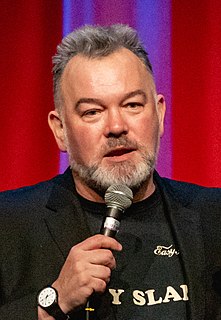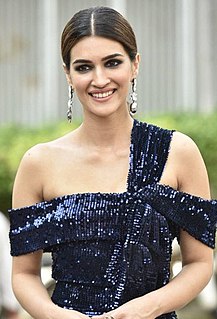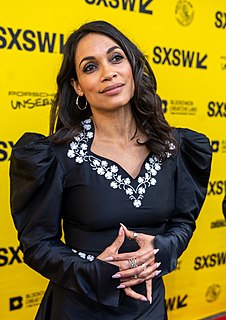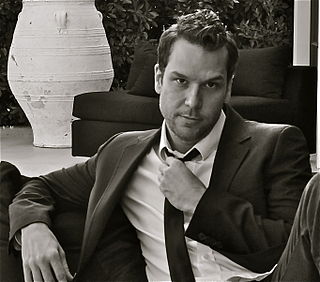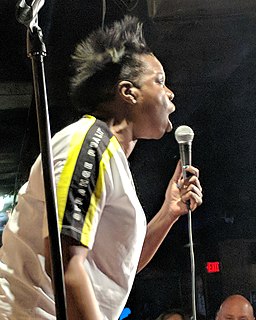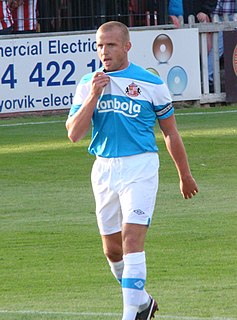A Quote by Stewart Lee
Personally, I don't have a Twitter account. I like to be in control of the way the stand up of Stewart Lee is perceived, I don't want to have to engage with individual people. Also, when I do look at it, loads of factually inaccurate things about me are written.
Related Quotes
I use social media every day. I don't have a Twitter account, but not because I'm a dinosaur about it. I have enough of a platform here. People in my position who do it tend to use it in a promotional way or in a hamstrung way. I look at Twitter all the time as a news tool or for cultural conversation. I've used it in my reporting. It's very useful.
I spent many years trying to fit in and do things the way I thought I was supposed to - trying to be perceived the way I thought people wanted to see me. I grew up in a very religious household and wasn't taught to feel comfortable or good about my sexuality, so it feels great to be able to say things the way I want to say them.
I always had a Twitter account. I always had an Instagram account. I was always active on it, always spoke my mind. To me, it's really weird that I got so many followers and people that pay attention the way they do. It's hilarious, actually, because people didn't used to listen to me at all. I used to be like, "Does anybody hear me talkin'?"
A lot of people seem to think that art or photography is about the way things look, or the surface of things. That's not what it's about for me. It's really about relationships and feelings...it's really hard for me to do commercial work because people kind of want me to do a Nan Goldin. They don't understand that it's not about a style or a look or a setup. It's about emotional obsession and empathy.
Frankly, I get much more sensitive about what's written about me than how I look in a photo. I'm so used to people seeing my image in plays and films that what they think about how I look is none of my business. If they says, "Hey, he doesn't look good," I'm like, Whatever, because I know I look different from day to day. But if you're up there putting your heart into something and people reject your performance, that's very painful. The written word can kick your ass.
